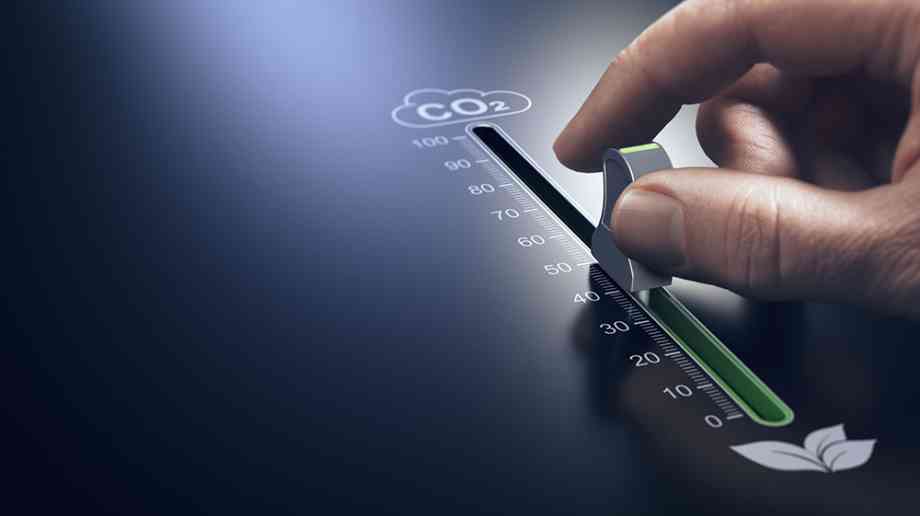
Carbon reduction in procurement
You might have noticed that some suppliers on Crown Commercial Service frameworks now have a carbon reduction plan. But what is it and how does it work?
A carbon reduction plan (CRP) is intended to help customers understand the impact on the environment of a supplier’s operations. A CRP sets out an organisation’s emissions across the year, measured against a range of emissions sources and greenhouse gases.
The UK government has a target to reduce carbon consumption to net zero by 2050. This means, of course, that the public sector needs to be carbon neutral, and this involves procurement.
CRPs must: state a commitment to achieving Net Zero by 2050 in the UK; set out the environmental management measures in effect, that will apply when the bidder is performing the contract; outline the bidder’s “baseline emissions footprint”; be approved by a director (or equivalent); and be published on the bidder’s website.
The Carbon Reduction Plans written by suppliers include a commitment to achieving Net Zero and a declaration of the company’s baseline emissions footprint. This is a record of the greenhouse gases that were produced in the past, before the introduction of any strategies to reduce emissions. This serves as a reference point against which emissions reduction can be measured.
Baseline emissions include recorded emissions for Scopes 1, 2 and 3. Areas that may be covered by this and counted in the emissions include: electricity, heating, travel, printing, buildings, and waste.
Some plans are more detailed than others, which may help buyers make a decision.
Each plan sets out steps that the organisation is taking to reduce their carbon emissions.
Some of the actions listed might include moves to electrify the company fleet, when it is time to renew and encouraging staff to use greener methods of travel to get to work. This could include a cycle to work scheme.
Video and virtual meetings may be introduced to avoid unnecessary travel, as well as more working from home.
Waste management could be included with an investigation into different waste streams and the introduction of a policy to reduce waste and improve recycling.
Some companies have committed to being paperless, by using more digital systems.
Others have focussed on educating staff to reduce energy usage in the office, and particularly when working from home. This could include turning off appliances and lights when not in use. Staff are also encouraged to reduce water usage. Companies may also introduce a net zero champion to the business.
Use of 100 per cent renewable energy is included by larger companies who are able to produce their own energy on site. Other companies are committing to sourcing energy from a renewable energy tariff.
More energy efficient equipment is being introduced such as LED lighting and laptops instead of desktop computers.
Carbon offsetting is another popular introduction.
Other measures include a commitment to using refurbished office equipment where possible.
It is hoped that the introduction of CRPs will help buyers make an informed choice in procurement. It is also hoped that seeing others’ CRPs will encourage more suppliers to create their own.


